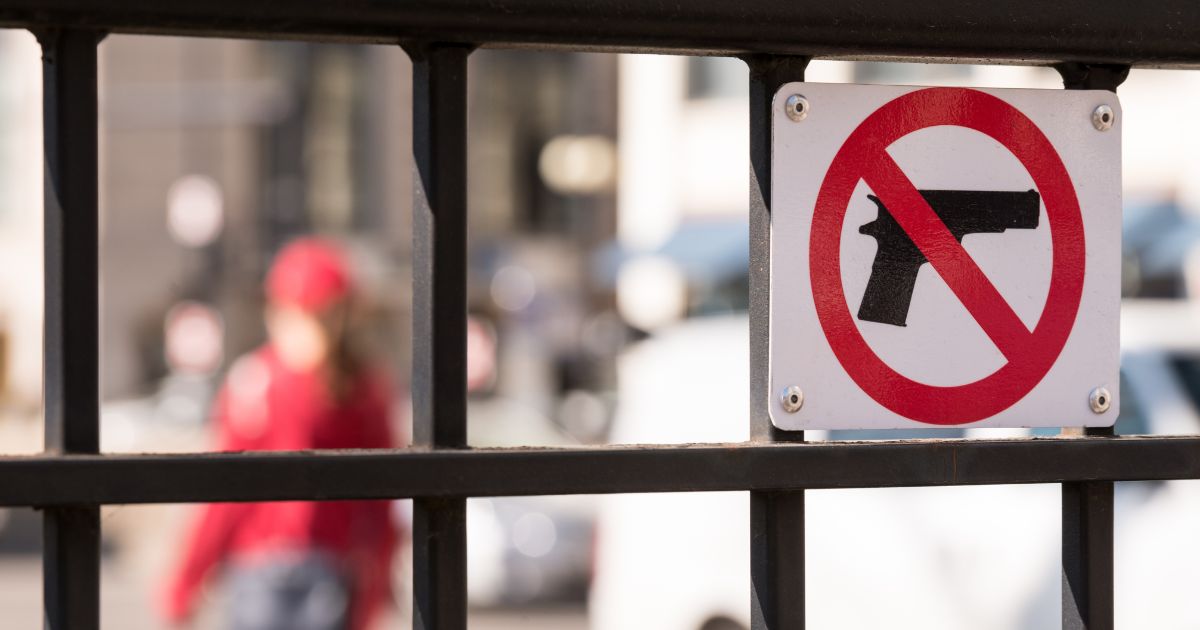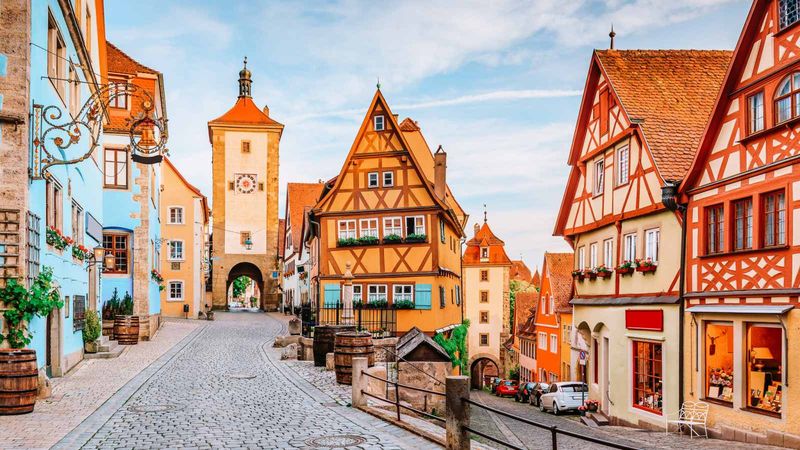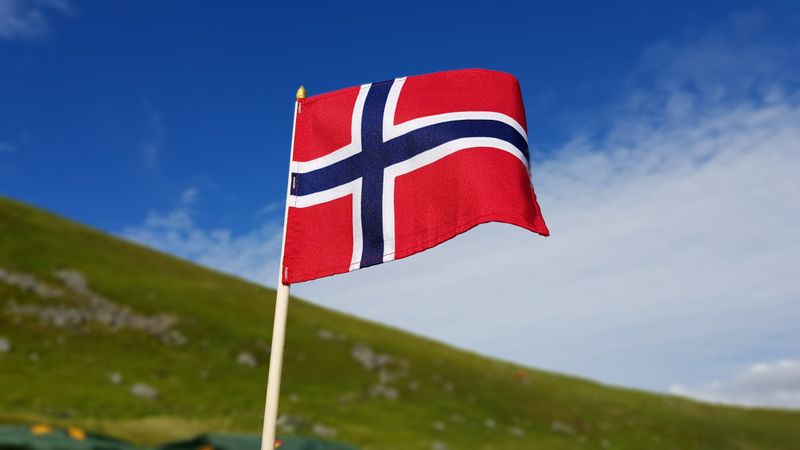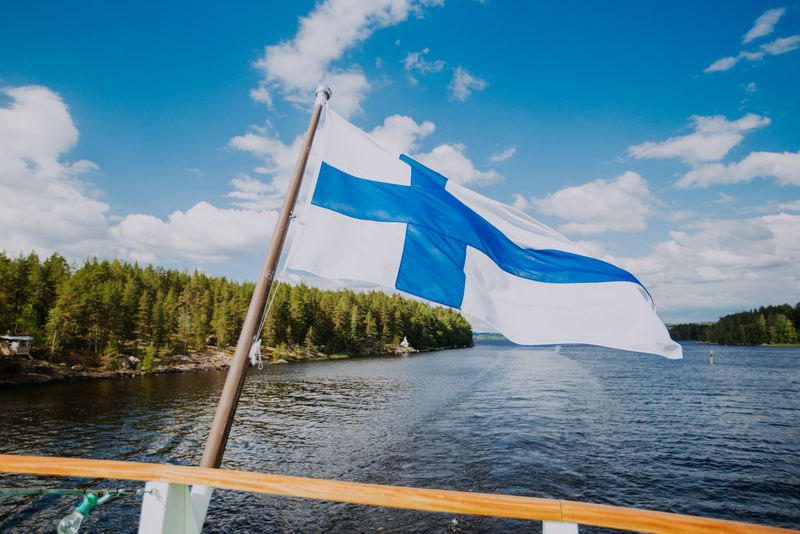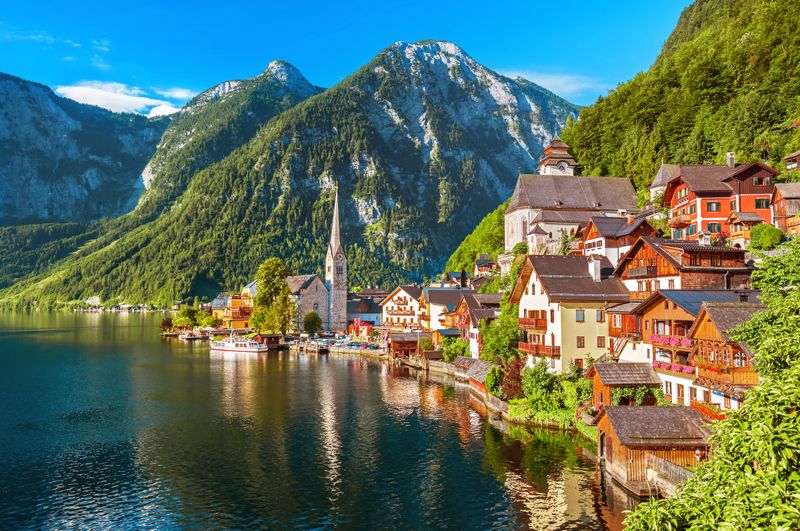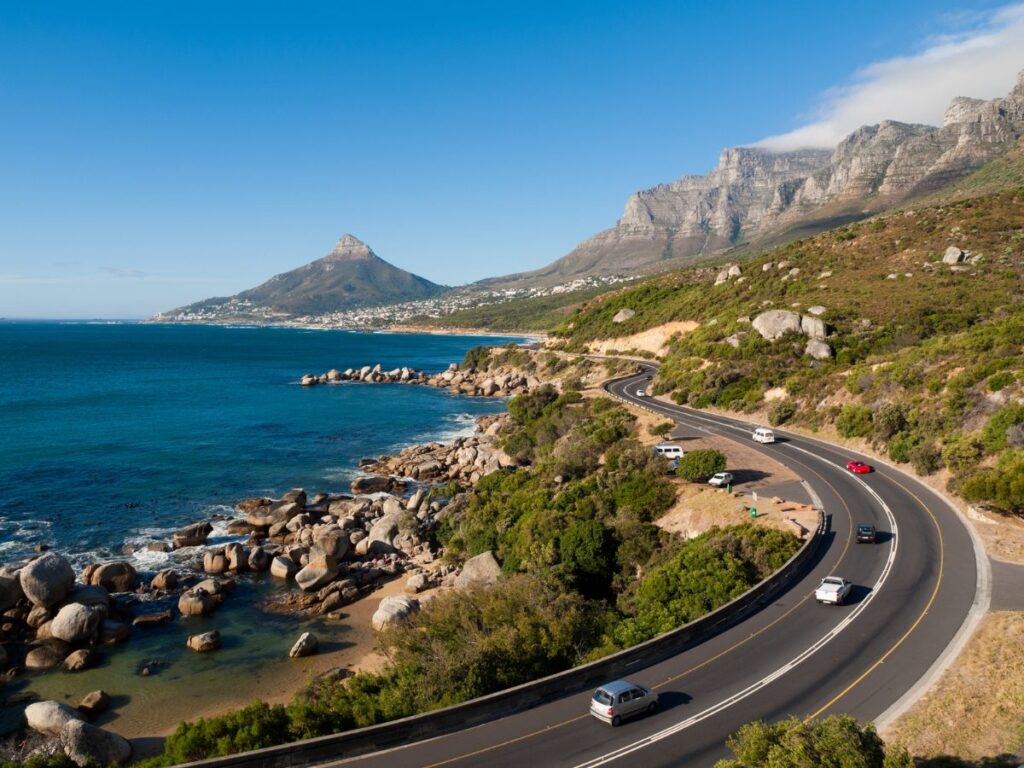Around the globe, various countries have implemented gun laws that prioritize public safety and reduce gun violence.
These nations demonstrate effective strategies that could inspire change elsewhere, including the United States. Below, we explore 30 countries leading the way with innovative and successful gun legislation.
1. Australia
Australia stands as a model for gun control reform. After the Port Arthur massacre in 1996, the country enacted the National Firearms Agreement, which included massive gun buybacks and stricter licensing.
Violent crime rates significantly dropped, showcasing the positive impact of robust legislation. The policy emphasizes public safety, requiring all gun owners to demonstrate a genuine reason for ownership.
This approach fosters a safer community, reducing the risk of gun violence. Australia’s commitment to these laws illustrates the importance of governmental responsibility in safeguarding citizens through effective regulation.
2. United Kingdom
The United Kingdom has a history of strong gun control measures, particularly after the Dunblane massacre in 1996. Following this event, handguns were banned, leading to a dramatic decrease in gun-related crimes.
Citizens require a license to own firearms, and self-defense is not considered a valid reason. Background checks are thorough, ensuring that only individuals with legitimate needs have access.
The UK’s approach highlights the balance between personal freedoms and collective safety. This comprehensive framework has maintained low gun violence rates, reinforcing the efficacy of stringent gun laws.
3. Japan
Japan’s gun laws are some of the most restrictive worldwide, resulting in a remarkably low rate of gun violence. The process to acquire a firearm is stringent, involving mental health evaluations, rigorous background checks, and extensive training.
Only shotguns and air rifles are permitted for civilians, with licenses requiring renewal every three years. The cultural emphasis on harmony and collective well-being supports these strict measures.
Japan’s effective legislation demonstrates how rigorous controls can successfully minimize gun-related incidents, promoting a peaceful society. Their model underscores the benefits of prioritizing community safety over individual gun ownership.
4. Germany
Germany enforces comprehensive gun laws that require strict background checks, psych evaluations, and proof of necessity for ownership. Weapons must be registered, and age restrictions apply, with ownership typically starting at 18.
These measures help prevent unauthorized access and misuse, contributing to lower gun violence rates. The legislation emphasizes the importance of responsible ownership and public safety.
Germany’s model promotes a secure environment, balancing individual rights with societal protection. Their approach illustrates the effectiveness of detailed regulations in maintaining order and preventing gun-related incidents.
5. Canada
Canada’s gun control laws focus on licensing and registration, ensuring responsible ownership. The Firearms Act regulates possession, requiring background checks and safety training.
Restricted and prohibited firearms demand additional scrutiny, reflecting the country’s commitment to public safety. These laws are designed to prevent gun violence and misuse, contributing to Canada’s lower crime rates.
Canadian legislation highlights a proactive approach, where stringent controls protect citizens while respecting lawful ownership. Their balanced framework demonstrates the positive impact of well-regulated policies on national safety and security.
6. New Zealand
Following the Christchurch mosque shootings in 2019, New Zealand swiftly enacted comprehensive gun reforms. The government banned semi-automatic firearms and instituted a buyback program to ensure public safety.
Licensing requires rigorous background checks and legitimate reasons for ownership. This decisive action reflects New Zealand’s dedication to minimizing gun violence and protecting its citizens.
The country’s approach emphasizes collaboration between government and community, fostering a safer environment. New Zealand’s proactive measures serve as a testament to the effectiveness of immediate legislative response in curbing potential threats.
7. Norway
Norway’s gun laws are strict, emphasizing safety and responsibility. Firearms licenses are required, with thorough background checks and mandatory training. Semi-automatic weapons are largely prohibited for civilians, reducing the potential for mass shootings.
The country’s regulations prioritize community well-being, encouraging responsible ownership and preventing violence. Norway’s approach balances personal rights with public safety, ensuring a peaceful society.
By implementing comprehensive restrictions, Norway effectively minimizes gun-related incidents, illustrating the success of well-enforced legislation in maintaining national security.
8. Netherlands
The Netherlands maintains strict gun control laws, requiring licenses and thorough background checks. Firearms are classified into categories, each with specific guidelines for ownership.
Self-defense is not a valid reason for possession, emphasizing the focus on safety. Dutch regulations aim to prevent gun violence through responsible ownership and stringent oversight. This approach fosters a secure environment, with low crime rates and minimal gun-related incidents.
The Netherlands’ commitment to strict legislation highlights the importance of community safety over individual gun rights, ensuring a harmonious society.
9. Sweden
Sweden’s gun laws are comprehensive, requiring licenses and background checks for all firearms. Military-style weapons are heavily restricted, and ownership is contingent on demonstrated need.
These laws reflect Sweden’s focus on public safety and responsible gun handling. By regulating access and promoting accountability, Sweden has maintained low levels of gun violence.
The country’s legislative framework emphasizes prevention, balancing rights with societal protection. Sweden’s approach illustrates the effectiveness of detailed policies in fostering a safe and orderly environment for all citizens.
10. Denmark
Denmark enforces stringent gun control laws, prioritizing public safety and responsibility. Firearms licenses require thorough background checks and valid reasons for ownership, excluding self-defense.
The regulations aim to prevent gun violence by ensuring responsible handling and storage. Denmark’s approach highlights the balance between individual rights and collective security, fostering a peaceful society.
By implementing comprehensive measures, Denmark effectively minimizes gun-related incidents, demonstrating the success of their legislative framework in maintaining order and protecting citizens.
11. Iceland
Iceland’s gun laws are stringent, with a focus on safety and regulation. Firearms licenses require background checks, mental health evaluations, and training. Semi-automatics are restricted, emphasizing responsible ownership.
The country’s approach prioritizes public safety, preventing gun violence and misuse. Iceland’s regulations foster a peaceful environment, balancing individual rights with community protection.
By enforcing comprehensive measures, Iceland effectively minimizes gun-related incidents, illustrating the success of their legislative framework in maintaining national security and promoting a safe society.
12. Ireland
Ireland enforces strict gun control laws, requiring licenses and thorough background checks. The legislation emphasizes public safety, prohibiting firearms for self-defense.
By regulating access and enforcing responsible ownership, Ireland maintains low levels of gun violence. The country’s approach highlights the balance between individual rights and societal protection, fostering a secure environment.
Ireland’s commitment to stringent gun laws illustrates the effectiveness of detailed policies in promoting community well-being and preventing gun-related incidents.
13. Switzerland
Switzerland’s gun laws are unique, reflecting a culture of responsibility and safety. While many citizens own firearms, strict regulations and training ensure responsible handling. Firearms require registration, and licenses demand comprehensive background checks.
The focus on safety and accountability has maintained low gun violence rates. Switzerland’s approach emphasizes the balance between individual rights and collective security, fostering a peaceful society.
Their effective legislative framework illustrates how responsible ownership and regulation can coexist, promoting national safety and well-being.
14. Finland
Finland enforces detailed gun control laws, focusing on responsibility and safety. Firearms licenses require background checks, mental health evaluations, and training. The regulations emphasize public safety, restricting access to certain weapons.
Finland’s approach balances individual rights with societal protection, fostering a secure environment. By implementing comprehensive measures, Finland effectively minimizes gun-related incidents, illustrating the success of their legislative framework in maintaining order and promoting national security.
Their commitment to stringent laws highlights the importance of community well-being and responsible ownership.
15. Portugal
Portugal’s gun laws are strict, requiring licenses and thorough background checks. The legislation emphasizes public safety, prohibiting firearms for self-defense.
By regulating access and enforcing responsible ownership, Portugal maintains low levels of gun violence. The country’s approach highlights the balance between individual rights and societal protection, fostering a secure environment.
Portugal’s commitment to stringent gun laws illustrates the effectiveness of detailed policies in promoting community well-being and preventing gun-related incidents.
16. Singapore
Singapore enforces some of the world’s strictest gun laws, prioritizing public safety and responsibility. Firearms licenses require rigorous background checks and valid reasons for ownership, excluding self-defense.
The regulations aim to prevent gun violence by ensuring responsible handling and storage. Singapore’s approach highlights the balance between individual rights and collective security, fostering a peaceful society.
By implementing comprehensive measures, Singapore effectively minimizes gun-related incidents, demonstrating the success of their legislative framework in maintaining order and protecting citizens.
17. South Korea
South Korea maintains stringent gun control laws, reflecting a commitment to public safety. Firearms licenses require rigorous background checks, mental health evaluations, and justifiable reasons for ownership.
The regulations prioritize responsible handling and storage, preventing misuse and violence. South Korea’s approach balances individual rights with societal protection, fostering a secure environment.
By implementing comprehensive measures, South Korea effectively minimizes gun-related incidents, illustrating the success of their legislative framework in maintaining order and promoting national security.
18. Taiwan
Taiwan enforces comprehensive gun control laws, requiring licenses and thorough background checks. The legislation emphasizes public safety, prohibiting firearms for self-defense.
By regulating access and enforcing responsible ownership, Taiwan maintains low levels of gun violence. The country’s approach highlights the balance between individual rights and societal protection, fostering a secure environment.
Taiwan’s commitment to stringent gun laws illustrates the effectiveness of detailed policies in promoting community well-being and preventing gun-related incidents.
19. Austria
Austria’s gun laws are stringent, focusing on public safety and responsibility. Firearms licenses require background checks, mental health evaluations, and valid reasons for ownership.
The regulations aim to prevent gun violence by ensuring responsible handling and storage. Austria’s approach highlights the balance between individual rights and collective security, fostering a peaceful society.
By implementing comprehensive measures, Austria effectively minimizes gun-related incidents, demonstrating the success of their legislative framework in maintaining order and protecting citizens.
20. Belgium
Belgium maintains stringent gun control laws, requiring licenses and thorough background checks. The legislation emphasizes public safety, prohibiting firearms for self-defense.
By regulating access and enforcing responsible ownership, Belgium maintains low levels of gun violence. The country’s approach highlights the balance between individual rights and societal protection, fostering a secure environment.
Belgium’s commitment to stringent gun laws illustrates the effectiveness of detailed policies in promoting community well-being and preventing gun-related incidents.
21. Czech Republic
The Czech Republic enforces comprehensive gun control laws, requiring licenses and thorough background checks. The legislation emphasizes public safety, prohibiting firearms for self-defense.
By regulating access and enforcing responsible ownership, the Czech Republic maintains low levels of gun violence. The country’s approach highlights the balance between individual rights and societal protection, fostering a secure environment.
The Czech Republic’s commitment to stringent gun laws illustrates the effectiveness of detailed policies in promoting community well-being and preventing gun-related incidents.
22. Luxembourg
Luxembourg’s gun laws are strict, requiring licenses and thorough background checks. The legislation emphasizes public safety, prohibiting firearms for self-defense.
By regulating access and enforcing responsible ownership, Luxembourg maintains low levels of gun violence. The country’s approach highlights the balance between individual rights and societal protection, fostering a secure environment.
Luxembourg’s commitment to stringent gun laws illustrates the effectiveness of detailed policies in promoting community well-being and preventing gun-related incidents.
23. Malaysia
Malaysia enforces strict gun control laws, prioritizing public safety and responsibility. Firearms licenses require thorough background checks and valid reasons for ownership, excluding self-defense.
The regulations aim to prevent gun violence by ensuring responsible handling and storage. Malaysia’s approach highlights the balance between individual rights and collective security, fostering a peaceful society.
By implementing comprehensive measures, Malaysia effectively minimizes gun-related incidents, demonstrating the success of their legislative framework in maintaining order and protecting citizens.
24. Italy
Italy maintains stringent gun control laws, focusing on public safety and responsibility. Firearms licenses require background checks, mental health evaluations, and valid reasons for ownership.
The regulations aim to prevent gun violence by ensuring responsible handling and storage. Italy’s approach highlights the balance between individual rights and collective security, fostering a peaceful society.
By implementing comprehensive measures, Italy effectively minimizes gun-related incidents, demonstrating the success of their legislative framework in maintaining order and protecting citizens.
25. Mexico
Mexico enforces strict gun control laws, requiring licenses and thorough background checks. The legislation emphasizes public safety, prohibiting firearms for self-defense.
By regulating access and enforcing responsible ownership, Mexico maintains low levels of gun violence. The country’s approach highlights the balance between individual rights and societal protection, fostering a secure environment.
Mexico’s commitment to stringent gun laws illustrates the effectiveness of detailed policies in promoting community well-being and preventing gun-related incidents.
26. Argentina
Argentina’s gun laws are stringent, requiring licenses and thorough background checks. The legislation emphasizes public safety, prohibiting firearms for self-defense.
By regulating access and enforcing responsible ownership, Argentina maintains low levels of gun violence. The country’s approach highlights the balance between individual rights and societal protection, fostering a secure environment.
Argentina’s commitment to stringent gun laws illustrates the effectiveness of detailed policies in promoting community well-being and preventing gun-related incidents.
27. Chile
Chile enforces strict gun control laws, prioritizing public safety and responsibility. Firearms licenses require thorough background checks and valid reasons for ownership, excluding self-defense.
The regulations aim to prevent gun violence by ensuring responsible handling and storage. Chile’s approach highlights the balance between individual rights and collective security, fostering a peaceful society.
By implementing comprehensive measures, Chile effectively minimizes gun-related incidents, demonstrating the success of their legislative framework in maintaining order and protecting citizens.
28. South Africa
South Africa has implemented strict gun control measures to combat high crime rates and gun-related violence.
Firearm licenses require thorough background checks, mental health assessments, and proof of legitimate need, such as professional security purposes. Self-defense, while allowed, is heavily regulated and scrutinized.
By emphasizing responsible ownership and accountability, South Africa works to balance individual rights with public safety, creating a framework to reduce gun-related crimes while ensuring community security.
29. Brazil
Brazil, despite its high crime rates, has enacted stringent gun control laws aimed at reducing gun violence. Civilians must meet strict criteria, including background checks, psych evaluations, and demonstration of a valid reason to own a firearm.
The 2003 Disarmament Statute played a pivotal role in tightening gun ownership and banning certain firearms. While challenges remain, these efforts represent a crucial step toward creating a safer environment for Brazilian citizens.
30. France
France enforces comprehensive gun laws, focusing on public safety and responsible ownership. Licenses are required for firearm ownership, with applicants undergoing rigorous background checks and training.
Semi-automatic weapons are heavily restricted, and self-defense is not a common justification for civilian gun ownership. France’s robust regulations emphasize community protection and strict oversight, ensuring that firearms are primarily used for sporting or hunting purposes.
This approach has helped maintain lower levels of gun violence compared to many other nations.
